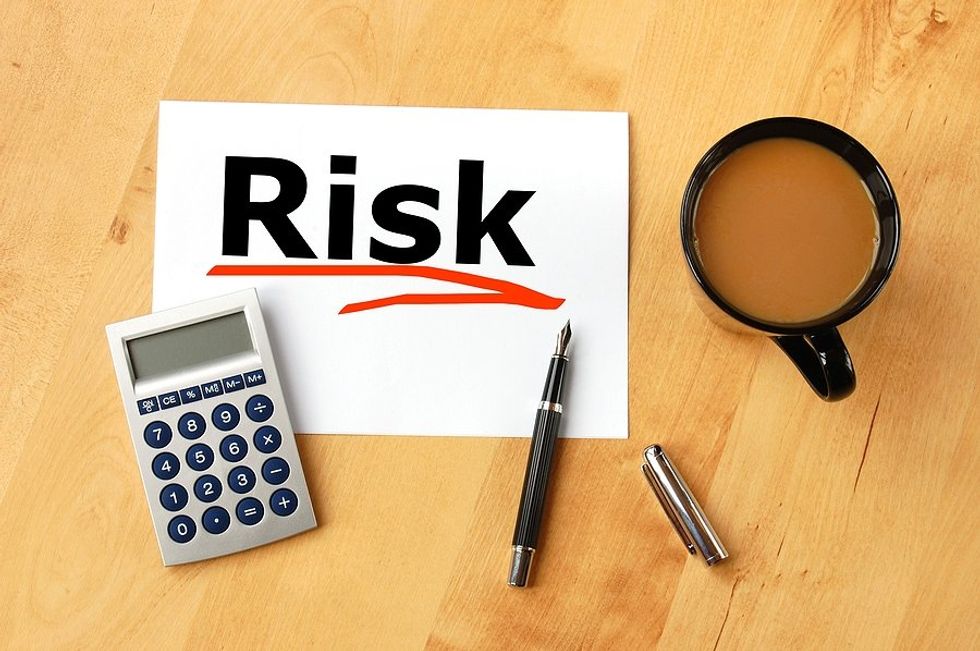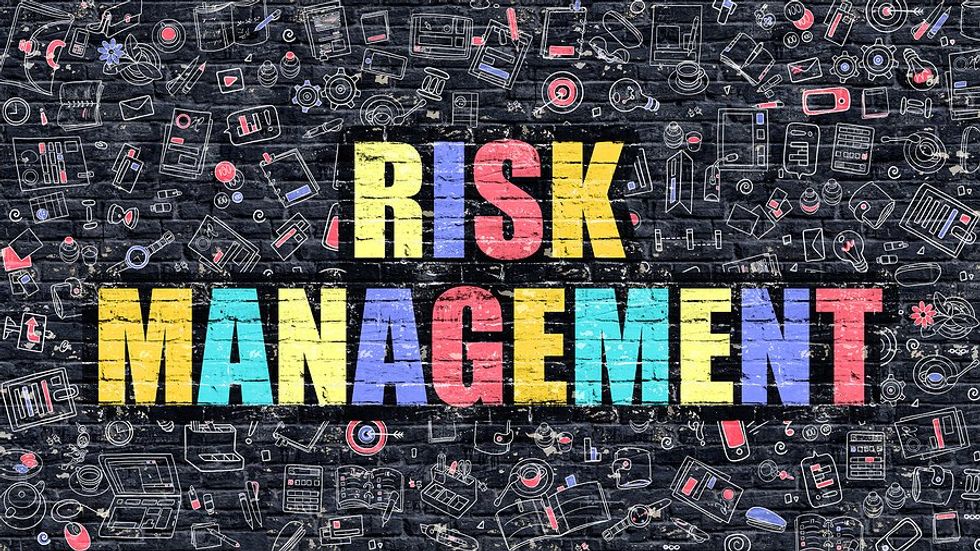In today's ever-evolving business landscape, risk management has taken center stage. The ability to navigate uncertainties and mitigate potential adversities is not just good practice; it's the essence of building a future with unwavering confidence.
This article will delve into the intricate world of risk resilience, exploring key facets, including defining risk, identifying crucial risks, establishing risk tolerance, documenting a company's risk appetite, communicating effectively, and implementing a dynamic risk management strategy.
Defining Risk

Image from Bigstock
A “risk” is a potential event or circumstance that could lead to adverse consequences, such as harm, loss, damage, or a negative impact on an individual, organization, project, or system. To build resilience, one must first grasp the concept of risk in all its complexity.
Identifying Key Risks And Risk Tolerance

Image from Bigstock
Risk resilience begins with identifying the lurking dragons in your business landscape. It requires meticulously examining internal and external factors that threaten your organization's stability. However, merely identifying risks is not enough; you must also define your risk tolerance. How much uncertainty can your organization stomach on its path to success? Defining this tolerance level sets the stage for informed decision-making in risk management.
Documenting A Company's Risk Appetite

Image from Bigstock
Your risk appetite isn't just a concept; it's a guiding principle. Proving it is akin to putting your organization's risk compass in writing. This clarity aids in fostering a risk-conscious culture throughout the company, aligning all stakeholders with the company's risk-taking philosophy.
Communicating Risk To Stakeholders

Image from Bigstock
Transparency isn't a buzzword; it's the cornerstone of effective risk management. It would be best to share your organization's risk exposure, mitigation strategies, and potential consequences of risks to all stakeholders. Whether it's shareholders, clients, suppliers, or regulators, transparency builds trust and enables informed decision-making.
Implementing A Risk Management Strategy

Image from Bigstock
Crafting a risk management strategy is akin to architecting a fortress against uncertainty. This strategy should encompass proactive risk mitigation measures, contingency plans, and an ongoing evaluation process. It's not static; it should adapt and evolve as risks and the business environment change.
Taking Action, Monitoring, And Testing

Image from Bigstock
Your risk management narrative isn't a one-time epic; it's an ongoing saga. Taking action, monitoring, and testing your risk strategy is the sequel that keeps the story alive. Vigilance, adaptability, and agility are your allies in this journey. Be prepared to pivot when necessary, and always be ready to rewrite the next chapter in your risk resilience story.
In conclusion, risk resilience is not merely about surviving adversity; it's about thriving amidst uncertainty. It's a craft that demands a profound understanding of risk, apparent risk tolerance, transparent communication, and an ever-evolving risk management strategy. Your organization's future should not be a gamble but a confident stride into the unknown. You craft a story of resilience by taking deliberate actions, continuously monitoring, and rigorously testing your risk strategy. In this story, challenges are not threats but opportunities for growth and success. Risk is the catalyst of progress in business, and when managed astutely, it becomes your competitive advantage.
Assess Your Risk Landscape: Take a closer look at your organization's risk landscape. Identify the key risks that could impact your business and prioritize them based on potential impact and likelihood.




